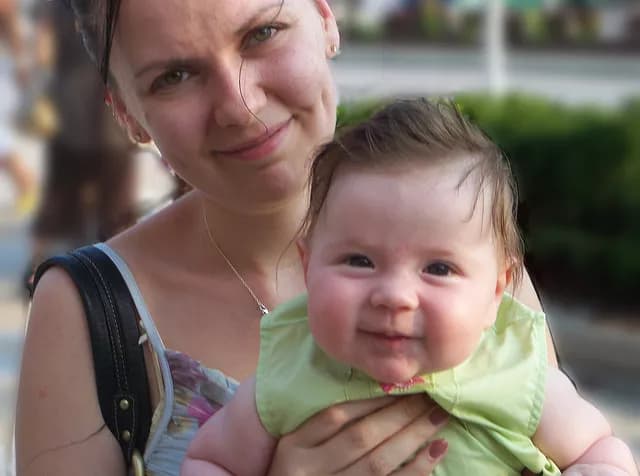
Breastfeeding May Expose Infants to Chemicals Linked to Cancer and Immune Function Interference
A research study collaboratively performed by scientists from Denmark, Faroe Islands and Harvard TH Chan School of Public Health, USA reports that a widely used class of industrial chemicals known as ‘perfluorinated alkylate substances (PFAS)’ gets into the breast milk and accumulates in infants when they are breastfed.
PFAS constitute a large group of substances that have been put to industrial use for generating a variety of products. The products that contain PFAS include firefighting foam, lubricants, textiles (used for waterproofing), floor wax, etc.; PFAS are also used in the electronic industry. They have been reported to get into waste dumps, sewage water, and the general environment.
Until a few years ago, PFAS was considered to be inert substances and not available for uptake by living creatures. However, a growing body of scientific research has raised concern about the environmental impact of PFAS. It has been reported that PFAS could interfere with the immunity of newborn babies. There is also evidence to suggest an accumulation of PFAS in patients with cancer and cirrhosis of the liver. In addition to hepatotoxicity, PFAs are known to increase reproductive toxicity.
Breastfeeding is known to help in the establishment of healthy gut bacteria in the newborns. Recently, it has been reported that breastfed babies turned out to be more intelligent adults as well. With the knowledge that PFAS are present in breast milk, scientists set out to investigate whether the toxic substance was passed from mother to baby via breast milk.
The current study performed analyses to understand the extent of accumulation of OFAS in breastfed babies. The team followed 81 children born in the Faroe Islands and examined the levels of 5 types of PFAS in their blood when the children were 11 months, 18 months, and five years of age. The children’s mothers were also monitored for PFAS while they were pregnant.
The results showed that:
- In exclusively breastfed children, blood PFAS concentration showed a build-up of 20%-30% per month.
- In partially breastfed children, the accumulation of PFAS was lower than those who were exclusively breastfed.
- In some cases, the serum PFAS concentration exceeded those of their mothers by the time they were weaned.
- A particular type of PFAS, known as perfluorohexanesulfonate, did not show significant accumulation with breastfeeding.
Dr. Philippe Grandjean, a co-author in the study, says regarding the results (In the Harvard School of Public Health News), “We knew that small amounts of PFAS can occur in breast milk, but our serial blood analyses now show a buildup in the infants, the longer they are breastfed.”
Dr. Grandjean continues, “There is no reason to discourage breastfeeding, but we are concerned that these pollutants are transferred to the next generation at a very vulnerable age. Unfortunately, the current U.S. legislation does not require any testing of chemical substances like PFASs for their transfer to babies and any related adverse effects.”
Written by Mangala Sarkar, Ph.D.
Related Articles
Test Your Knowledge
Asked by users
Related Centers
Related Specialties
Related Physicians
Related Procedures
Related Resources
Join DoveHubs
and connect with fellow professionals

0 Comments
Please log in to post a comment.